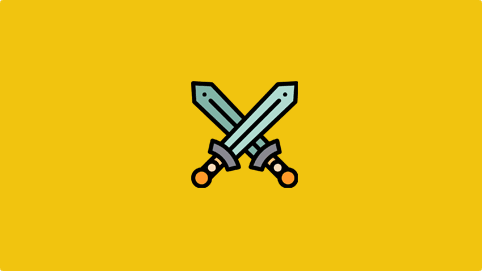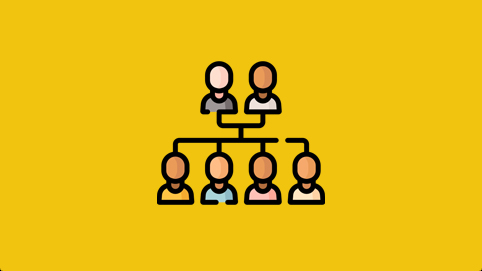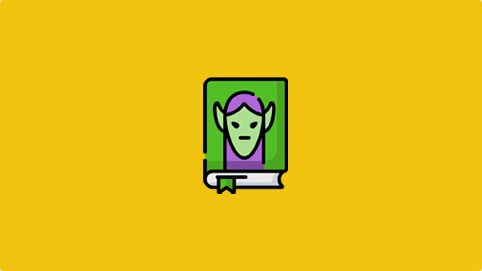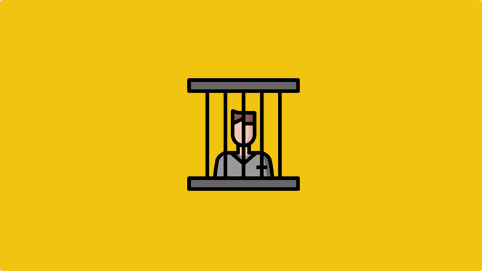Shop Simulator and Bargaining Level 1 Level 1
Module description
This is the Shop and Bargain Simulator for generic role playing games set in Medieval Fantasy. It is a tool with several uses. On the one hand it shows narrative descriptions of stores of different types that can serve the Game Master for any role-playing system. From the name of the shopkeeper to the quality and provenance of her wares. These are qualitative descriptions that will help improve the immersion in your games. In addition, a Trading and Bargaining Simulator has been added.
The Trade Simulator is a tool that speeds up the games, giving a role-playing touch to the moments when the players interact with stores but without giving too much weight to the action. This Simulator helps to make dealing with merchants more enjoyable and impartial. In the next point we will talk about how it works. If instead of needing a qualitative module like this one you want a quantitative module you can use Shop Generator from D&D 5e Category. This module complements very well with this simulator, giving descriptions to the stores but also showing a list with all the exact items that the merchant has in stock.
Part of the database used for these shops is the intellectual property of Ben (Orkish Blade). We thank him for his express permission for this project. If you want to know all the credits of this post with the thanks for his authorisations and inspirational content click Here.
How does this module work?
This module is divided into two parts. The first is a narrative description of a randomly generated store. Depending on the selection you have made in "Store type" it will generate either a store, a market stall or an illicit black market vendor. Just click on the "Simulate" button to display the entire content.
The second part is a trading simulator. How does it work?
- The Game Master will ask the players if they are looking for something to buy or sell. Then, if a player is interested, the Game Master must determine what type of trade is specific and where to find it. For example: If a player wants new armor but is currently in a hamlet, they may have to travel to the next village or even a city in order to find an armorer or blacksmith.
- Once the player has been able to access the type of trade (either because he has found a merchant on the way or because he has presented himself in a store) the Game Master will ask which object is the one he wants to sell and which ones to buy. After that, in this module you must select which Store type the player is targeting and select an aptitude level in trading skills, charisma, intelligence or any other skill or ability that allows you to have some advantage in the negotiation with the merchant. Once selected click on "Simulate" and it will show what happened.
- It may be that the merchant buys the products from the player or sells him what he is looking for. Sometimes he will not have Stock and they will have to wait for a while. However, there are times when things can get complicated, and therein lies the magic of improvisation and immersion. Even if the plot is about evil gods who are conquering the country, there are still laws to follow, and the merchants have their lives and worries, and one of those worries can be thinking that the player has cheated them.
- Being a generic simulator, the price at which the item is sold or bought will depend on the game system being used. This tool only adds a touch of realism and life to these interactions with the stores. If you want to know the price of the items you will have to access a module of the game system with a compatible currency..
Stores and market stalls are legal businesses, so they will be wary of buying items with dubious provenance (as it can get them in trouble with the law if they turn out to be stolen, counterfeit or looted). If players want to access a market where they will not be asked questions, they will have to look for black market agents. This simulator allows this illegal buying and selling network to be selected as the type of trade, however, the risks are much higher. Similarly, if a player is looking for everyday items or items that "look good", they can search for them in stores. On the other hand, if they are looking for materials for a dark ritual, drugs, forbidden objects or restricted magical weapons, they will have to access the black market, or else they may be investigated and get into trouble with the law.






